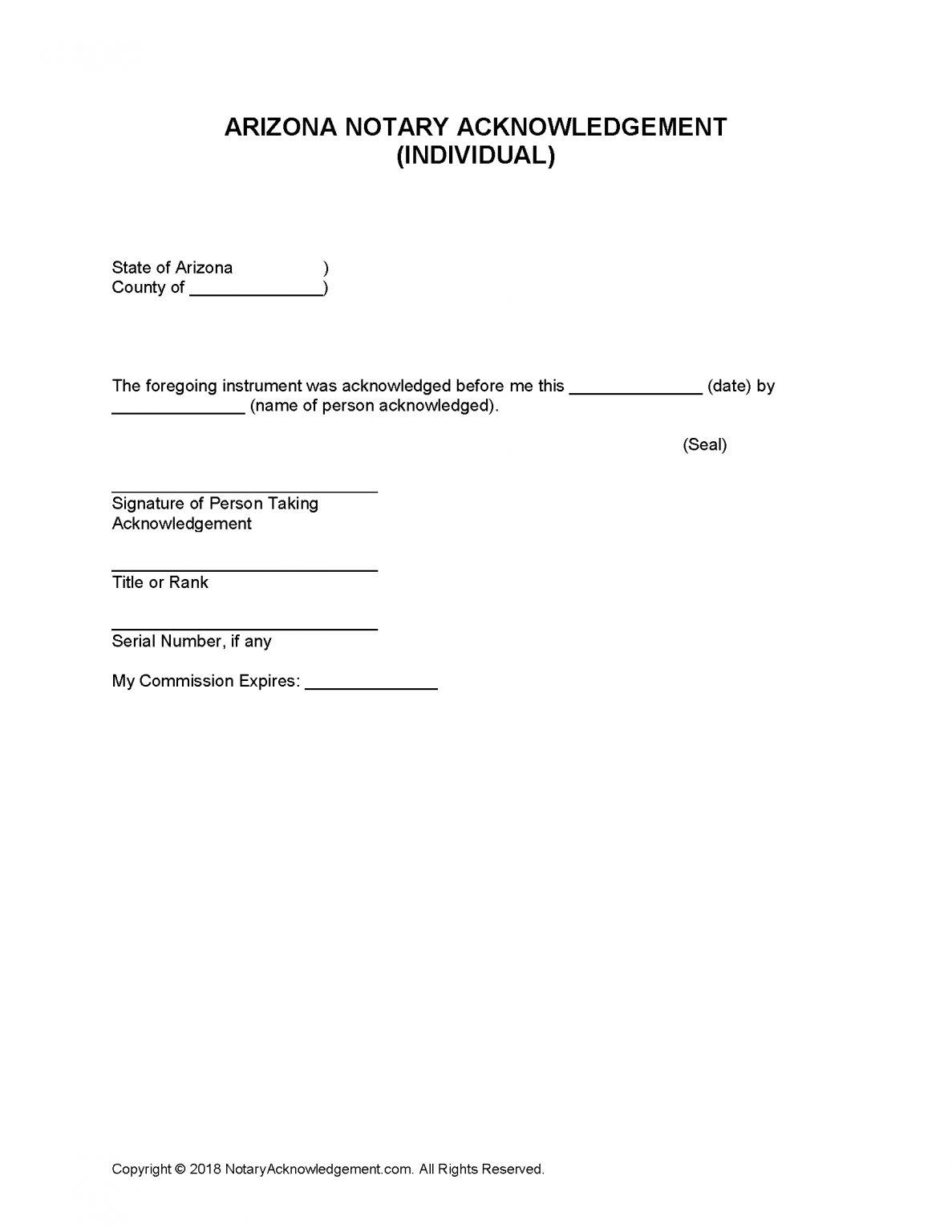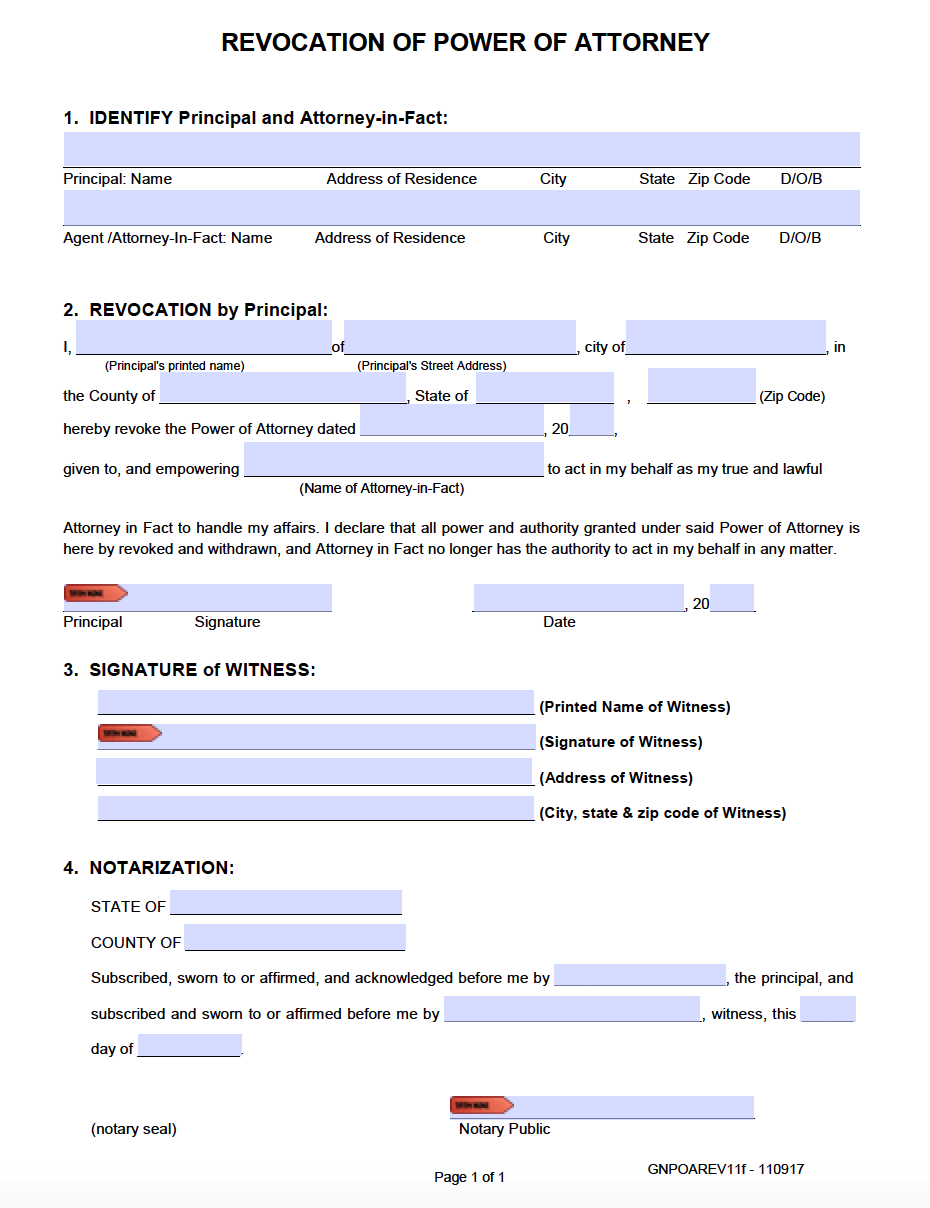
In these states, you will be prompted to indicate how you want to finalize your document. Some people feel most comfortable using both methods together, but you are legally required to choose only one.

If you live in California, Michigan, South Dakota, or Washington, your durable power of attorney is valid if you have it notarized or if you sign it in front of two witnesses. Find separate individuals to witness and notarize your document. If you must also have your power of attorney witnessed, the notary should not serve as a witness, even if your state does not explicitly prohibit it. Your notary public should not also be a witness. In some states, the agent must sign the durable power of attorney document. The person who will serve as agent should not be a witness. Witnesses must be mentally competent adults, preferably ones who live nearby and will be easily available if necessary. The witnesses must be present when you sign the document in front of the notary. If necessary, they can testify that in their judgment, you knew what you were doing when you signed the document. If you're worried that someone may challenge your capacity to execute a valid durable power of attorney later, it's prudent to have witnesses. Witnesses can serve another function, too. Part of the reason is probably that some other legal documents with which people are more familiar-including wills and some health care directives-must be witnessed to be legally valid. Witnesses' signatures may make the power of attorney more acceptable to lawyers, banks, insurance companies, and other entities the agent may have to deal with. (See "States That Require Witnesses," below.) Nevertheless, it doesn't hurt to have a witness or two watch you sign, and sign the document themselves. Most states don't require the durable power of attorney to be signed in front of witnesses. Expect to pay a reasonable extra fee for mobile and remote notary services. To find out what is possible in your area, call a few local notaries and ask what services they provide. If needed, you may be able to find a notary who will come to your home or hospital room, and in some states, you may be able to have your document notarized on a video call. Mailbox stores, real estate offices, and title companies may also have notaries. Or check with your bank, which may provide notarizations as a service to customers. The notary's fee is usually inexpensive-less than $20 in most places.įinding a notary public shouldn't be a problem many advertise online or in the yellow pages.
#DOES A POWER OF ATTORNEY NEED TO BE NOTARIZED ARIZONA LICENSE#
The notary will want proof of your identity, such as a driver's license that bears your photo and signature. The notary public watches you sign the durable power of attorney and then signs it, too, and stamps it with an official seal.

A durable power of attorney that isn't notarized may not be accepted by people with whom your agent tries to deal. But even where law doesn't require it, custom usually does. See "For California, Indiana, Michigan, or Washington Residents: Making the Choice," below.) In many states, law requires notarization to make the durable power of attorney valid. (In just a few states, you can choose to have your document witnessed or notarized. In almost all states, you must sign your durable power of attorney in the presence of a notary public.

Signing and NotarizingĪ durable power of attorney is a serious document, and to make it effective you must observe certain formalities when you sign the document.

If you don't want to change your durable power of attorney, find another bank that will accept the document as it is. You may have to go along if you want cooperation later. An institution may require that you include specific language in your durable power of attorney, authorizing the attorney-in-fact to do certain things on your behalf.


 0 kommentar(er)
0 kommentar(er)
